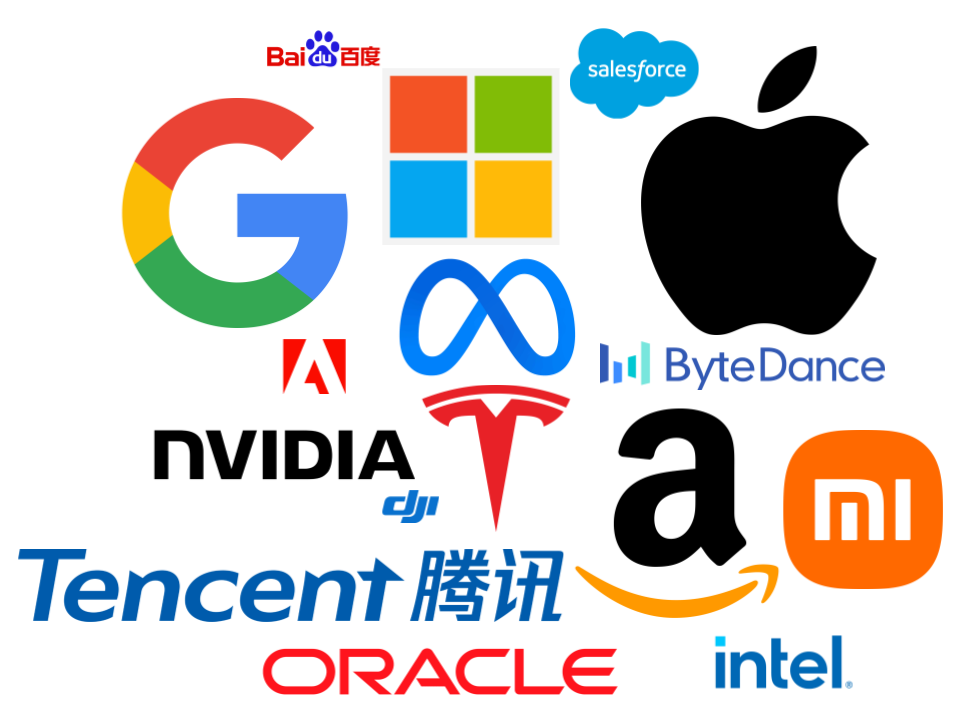
This month the Bank for International Settlements (BIS – the guys who do Basels) released a report on the implications of BigTech on FinTech and banking. The report is not what I expected, as it is far too simple in its thinking imho, but it is worth a read. Maybe next time, they’ll ask yours truly to write it (it would have had far more substance). Anyways, here’s a few lines from the report that give you the flavour:
Large technology companies, or big techs, are increasingly venturing into finance and transforming financial markets. Owing to their business models, big techs such as Alibaba, Amazon, Meta (Facebook), Alphabet (Google) and Tencent generate a large stock of user data. Access to user data allows them to offer a range of financial services, from payments to money management, insurance and lending.
Big techs' footprint in the financial services sector is rapidly expanding, and their activities have attained macroeconomic significance in several countries. This is particularly true in countries like China, Indonesia, Kenya and Korea. In recent years, the growth rate of big tech credit in China has outpaced that of traditional bank credit. For example, between 2020 and 2021, big tech credit in China experienced an average annual growth rate of 37%, while bank credit grew at a rate of 13%. A similarly rapid expansion is seen in other regions of the world.
This paper focuses on the rise of big techs in finance and its implications …
In contrast to traditional bilateral exchanges, users transact with each other through the platform – not with the platform. Social platforms, for example, allow people to connect to each other, and each member benefits from a larger community. Online shopping websites enable their users to buy and sell a wide variety of goods and services worldwide. A larger number of sellers reduces buyers’ search costs, and a larger number of buyers expands sellers’ business opportunities.
A typical feature of big techs is thus the presence of network externalities: the very fact that users participate on one side of the platform (e.g. buyers) increases users’ benefits on the other side (e.g. sellers). One challenge is to attract users on both sides at the same time – a chicken-and-egg problem. Successful platforms solve this problem by using specific price structures, which essentially charge a lower fee to the side that creates the most network externalities – and letting the side that benefits the most from the network subsidise the other.
Once an MSP has attracted a sufficient mass of users on both sides, the emphasis is on increasing the number of users further. The hope is to reach the tipping point at which adoption rates accelerate and network effects kick in. Beyond this point, growth can be very fast. More buyers bring more sellers – and vice versa. The MSP thus enjoys increasing returns to scale: the average cost of serving a user declines with the total number of users. And users are willing to pay more for access to a bigger network. As a result, the platform’s margins improve …
Big techs are now present in the financial sector in many parts of the world. Their presence is most visible in China, with Ant Group (part of the Alibaba group) and Tencent’s WeBank providing a broad range of financial services. They are also active in a number of countries in East Africa and Egypt (Vodafone M-Pesa), India (PhonePe and Alphabet (Google)), Argentina, Brazil and Mexico (Mercado Libre), Japan (Line, NTT Docomo, Rakuten), Korea (Kakao Bank, KBank), Indonesia, Malaysia, Singapore (Go-Jek, Grab) and in the United States (Amazon, Apple, Meta (Facebook), Alphabet (Google)).
The recent Covid-19 pandemic also provided a push for services and products offered by big tech companies. This included a large uptick in the use of digital payments, but it was certainly not limited to services and products in the financial sector.
Big tech companies with large networks and a broad range of activities have access to extensive user data. They use such data to enter new markets such as financial services, often starting by providing payment services. Payment services provided by big techs allow settlement at delivery on e-commerce platforms and help overcome the lack of trust between buyers and sellers. Their participation in this market is especially important in jurisdictions where the penetration of other digital payment methods is low, and where mobile phone penetration is high.
The market for payments can be particularly attractive for big techs as it is ripe for disruption. Traditionally, most of the revenue in this market is shared between card networks, like Visa and Mastercard, and banks, which typically have large margins. For example, in the US, Visa and Mastercard have margins as high as 50%. This provides an opportunity for big techs to leverage their unique position as a repository of consumer data and multi-sided platform and offer payment services at lower prices than the traditional players.
Once they have made inroads in providing payment services, big techs might expand into providing credit, insurance, savings and investment products, making use of the data they generated through their payment services.
Chris M Skinner
Chris Skinner is best known as an independent commentator on the financial markets through his blog, TheFinanser.com, as author of the bestselling book Digital Bank, and Chair of the European networking forum the Financial Services Club. He has been voted one of the most influential people in banking by The Financial Brand (as well as one of the best blogs), a FinTech Titan (Next Bank), one of the Fintech Leaders you need to follow (City AM, Deluxe and Jax Finance), as well as one of the Top 40 most influential people in financial technology by the Wall Street Journal's Financial News. To learn more click here...

